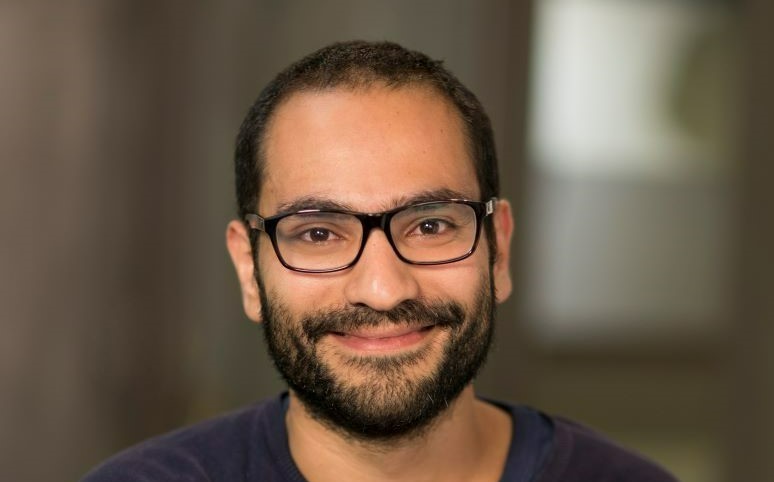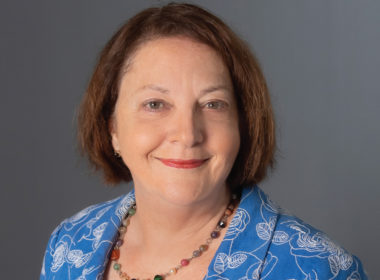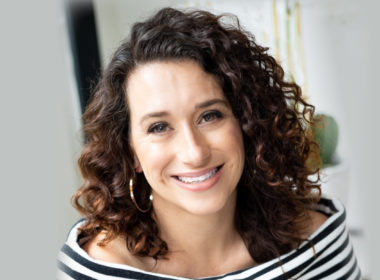Ali Mojtahedi is the principal solicitor at the Immigration Advice and Rights Centre. Prior to this, he worked as a principal solicitor at the Refugee Advice and Casework Service. Mojtahedi is the lead author and editor of the 10th edition of The Immigration Kit and is the Chair of the Human Rights Committee of the Law Society of NSW. Mojtahedi discusses his career and writing process.
What is important and different about the 10th edition of The Immigration Kit?
The Immigration Kit originally started in 1991 as a ring bind folder. Its purpose is to help inform members of the community about the law and to improve access to the law. The Kit is available in public libraries so people who may not be able to afford a lawyer or access community legal centres can pick up the book and know their rights. Over the years, the law has continued to develop and change, and the Kit has needed to change with it. What’s different about the Kit is that it has a much wider audience. It appeals to members of the public, but it is also a useful resource for legal practitioners, migration agents and law students. One other aspect is it now has an independent source of funding.
Why did you want to write on it?
I wanted to do it because I wanted the Kit and what it stands for to continue. My particular interest is having a resource that’s available to the public. There are chapters in there that talk about options that might be available to people experiencing domestic and family violence. People in those circumstances may find it really difficult to access a lawyer but they can access this book. Obviously, I didn’t write it by myself. There was a team of dedicated and wonderful lawyers who helped.
How did you find the process of writing a book?
I would describe the process as daunting, but a pleasure, nonetheless. The language of the book had to be suitable for members of the profession, law students, members of the public and people who are not native English speakers. Trying to get that right was difficult. The hardest part was that every time a chapter was completed, the law had been updated. It’s really extraordinary how quickly immigration law moves. I’m not even talking about the legislation, but also the regulation, legislative instruments and policies.
How do you juggle working as a solicitor, author and chairperson?
The Human Rights Committee meets once a month. As the chairperson of that committee, there’s documents to be reviewed and conversations during the month. Logistically, writing the Kit took a toll on my work life balance. Over the course of writing, I worked every weekend and was working until 10pm during the week. Since I finished writing the book, the complicated aspect is that I got used to that lifestyle and don’t know what to do with myself these days.
What challenges have you had to overcome in your career?
A big part of my practising work involves working with survivors of domestic and family violence. Another big part involves working with people seeking asylum in Australia. I often work with individuals who have been subjected to violence, assault, sexual assault and trauma. If you work in this space for long enough, and are not careful about self-care, it’s very easy to be exposed to vicarious trauma. If that is left unattended, it can result in a breakdown. I think it’s very difficult to get the balance right. I’ve been working in immigration law for the past 13 years, and I’m still not sure I have the balance correct yet.
What do you like to do in your spare time?
I love gardening. In particular, I love propagation. I spend most of my time trying to propagate plants and trees that I like. I also enjoy grafting, air layering and Bonsai. I’ve got a small collection that I attend to. I find that it helps my mental health. When I’m in the garden, my mind is just focused on what I’m doing and not thinking about other things. It’s a really good escape.




